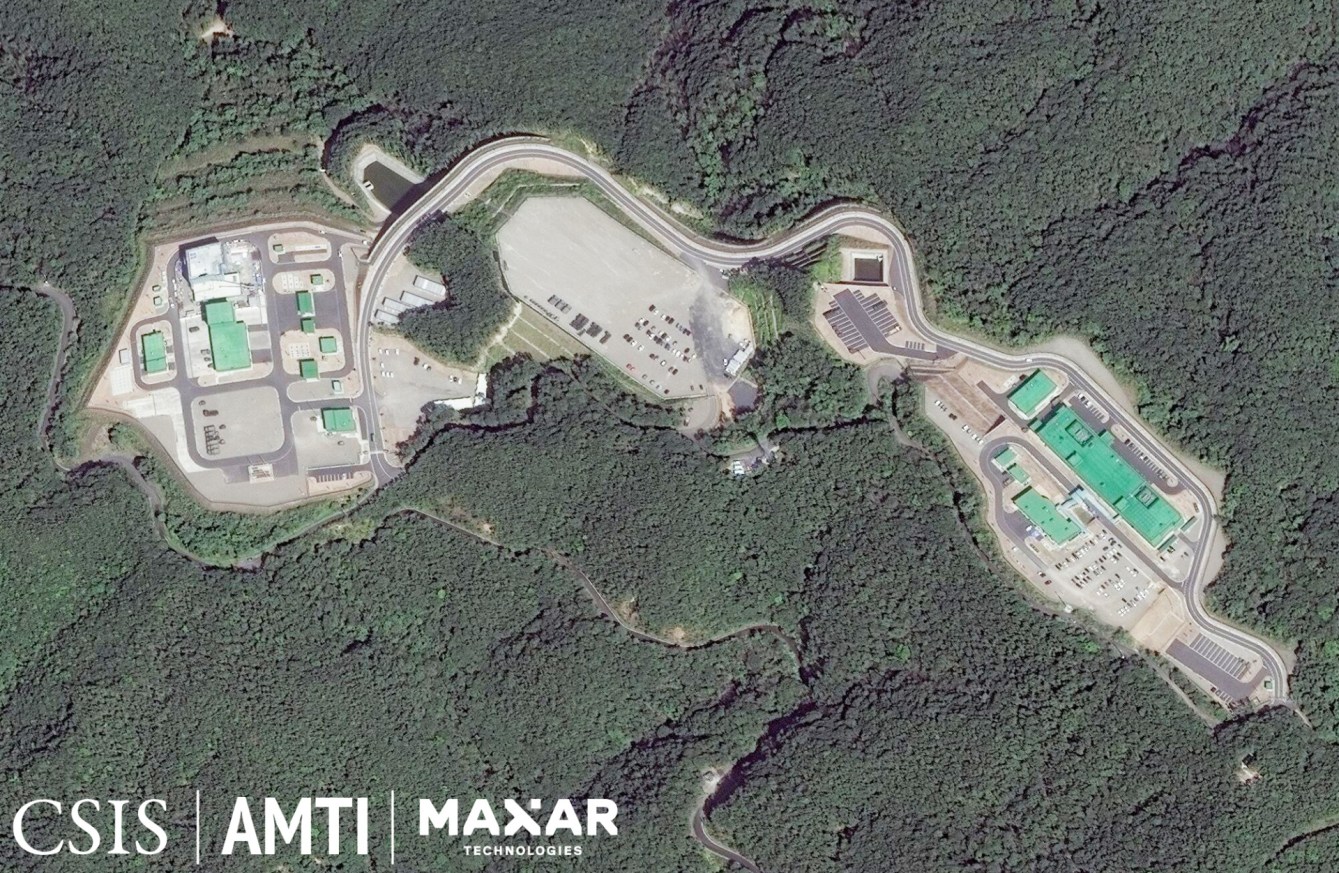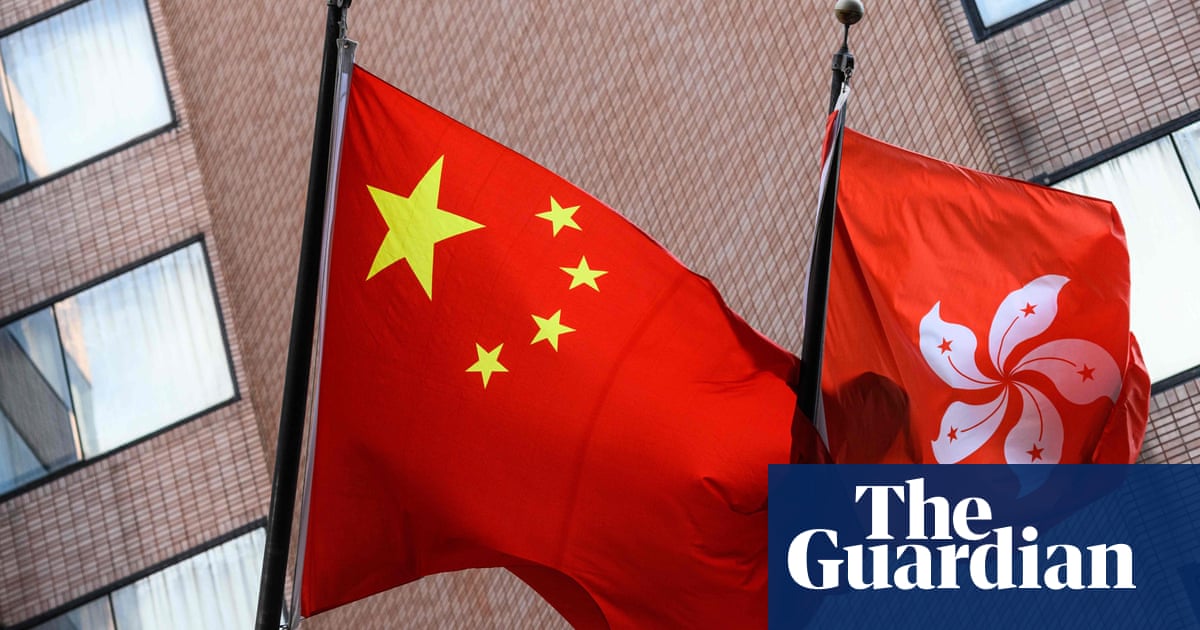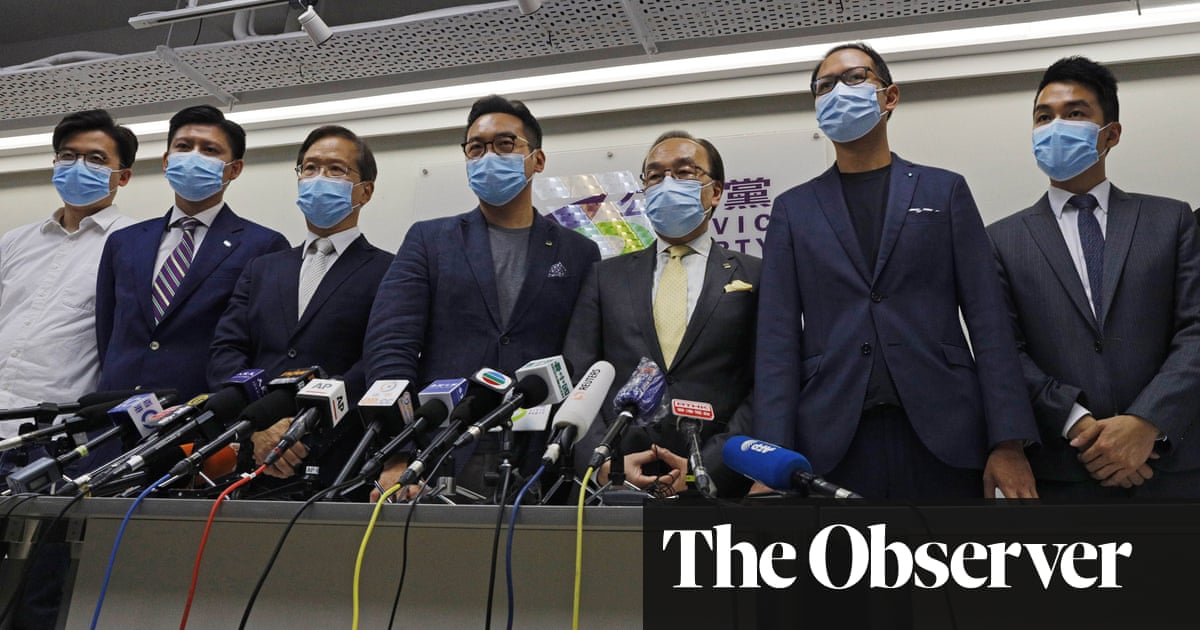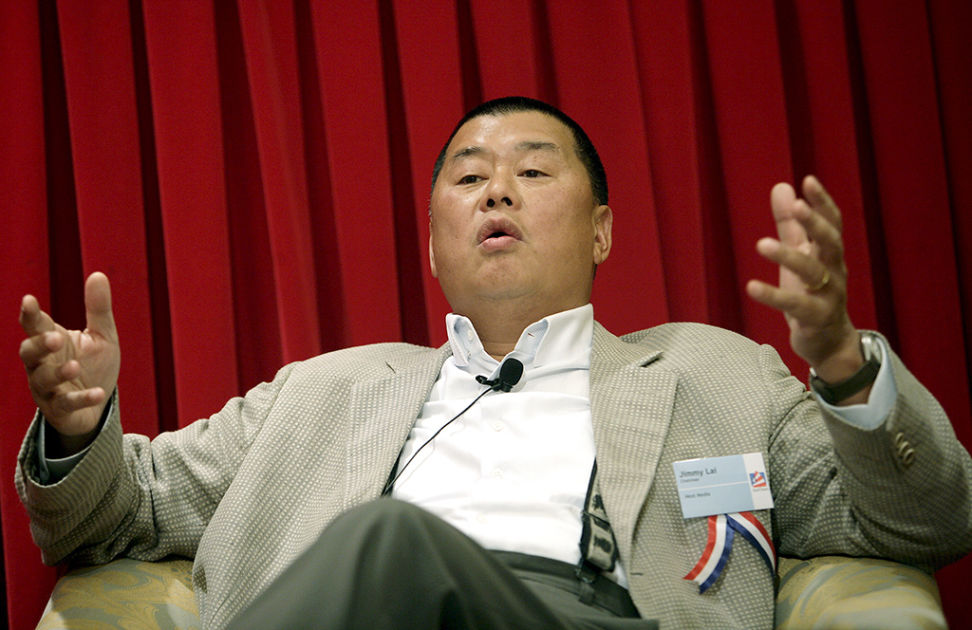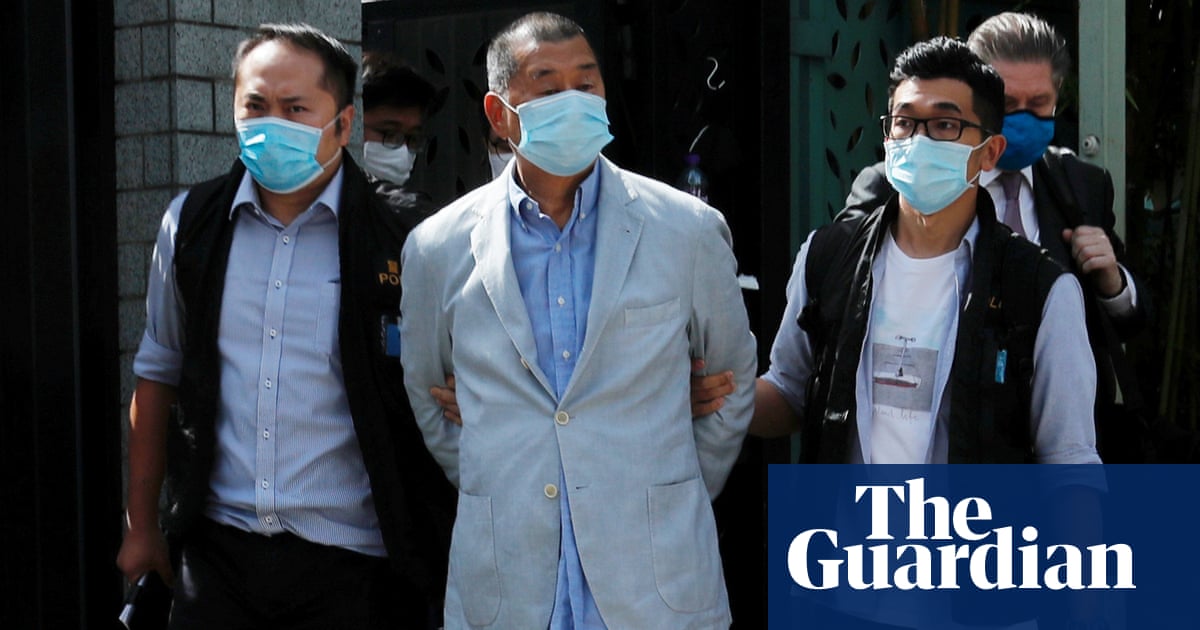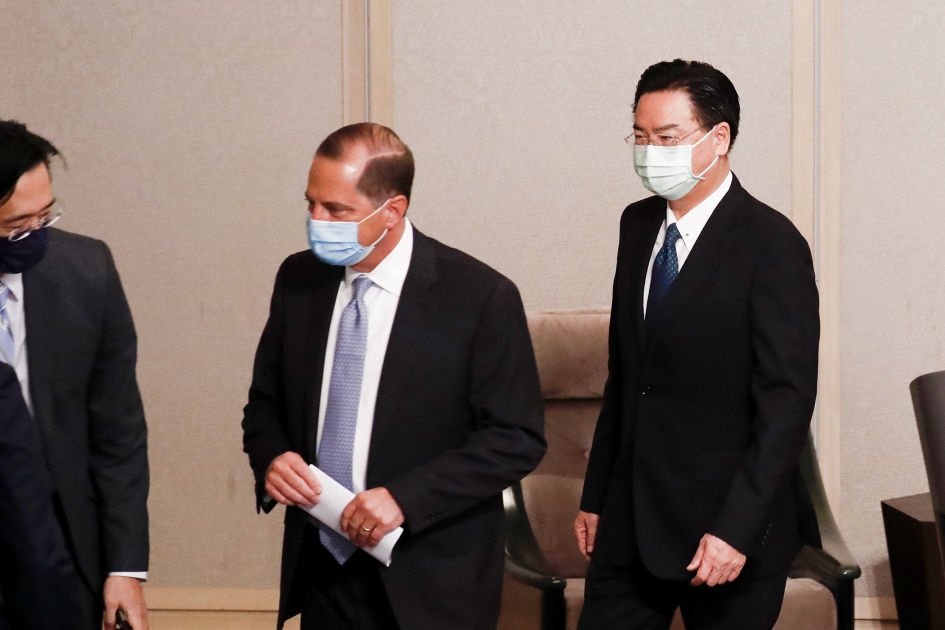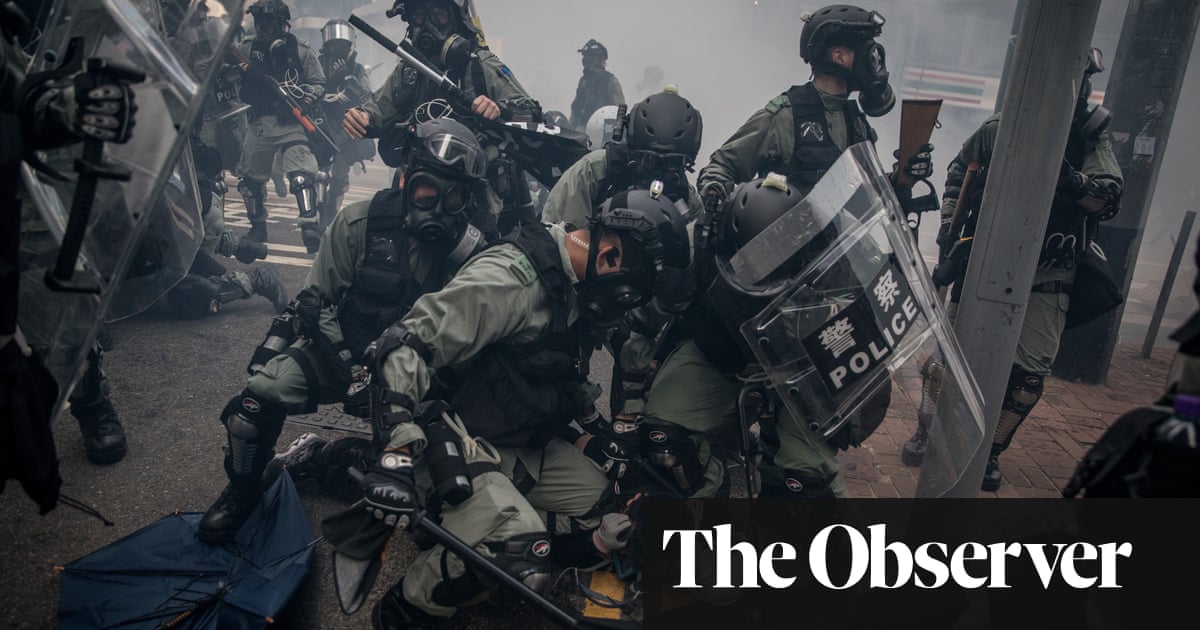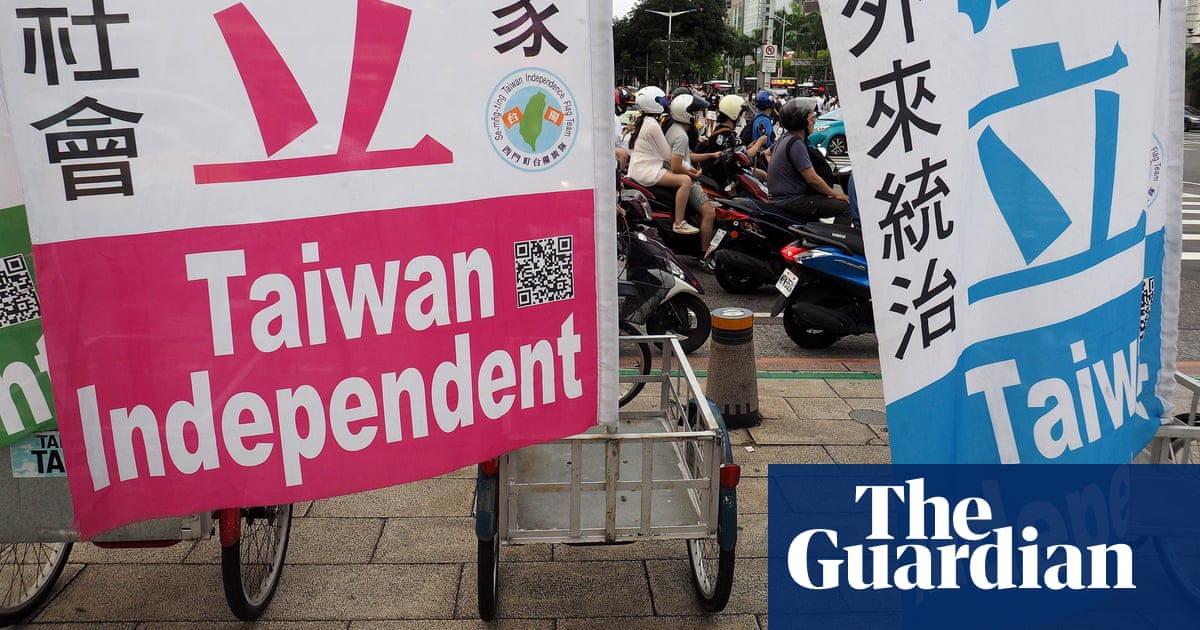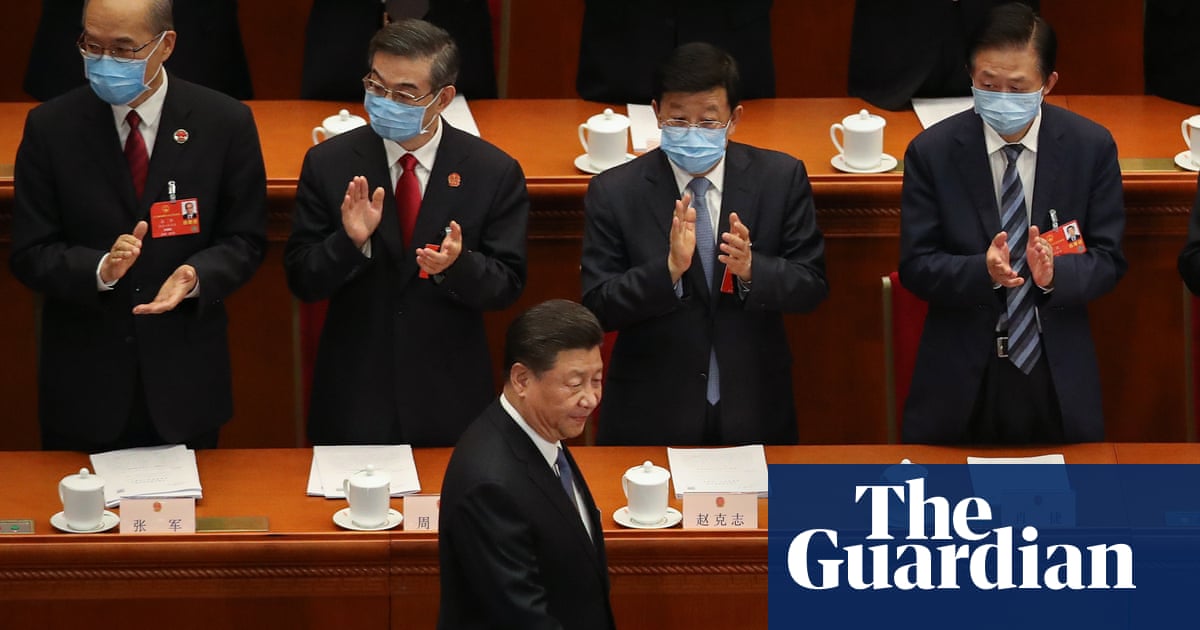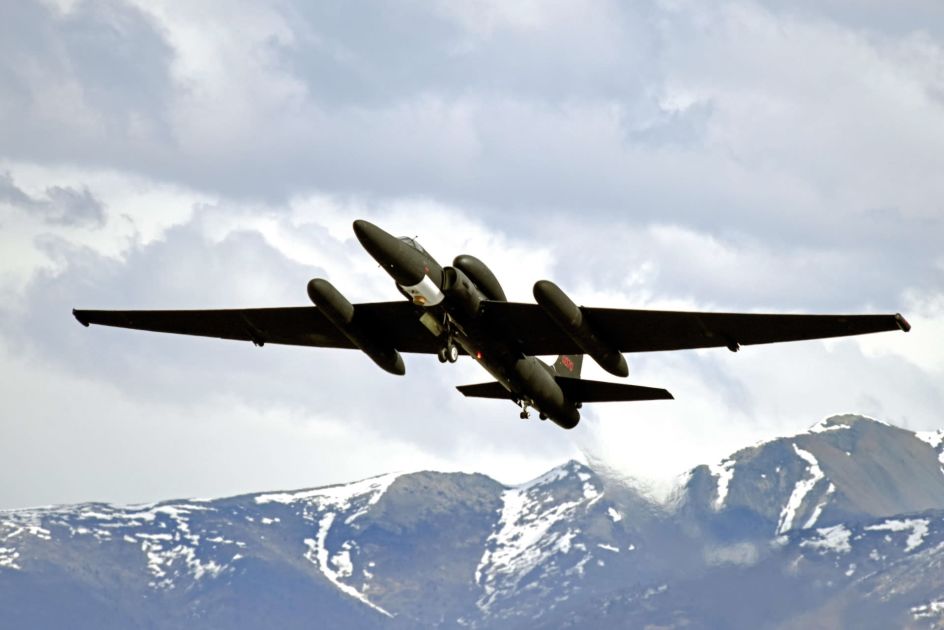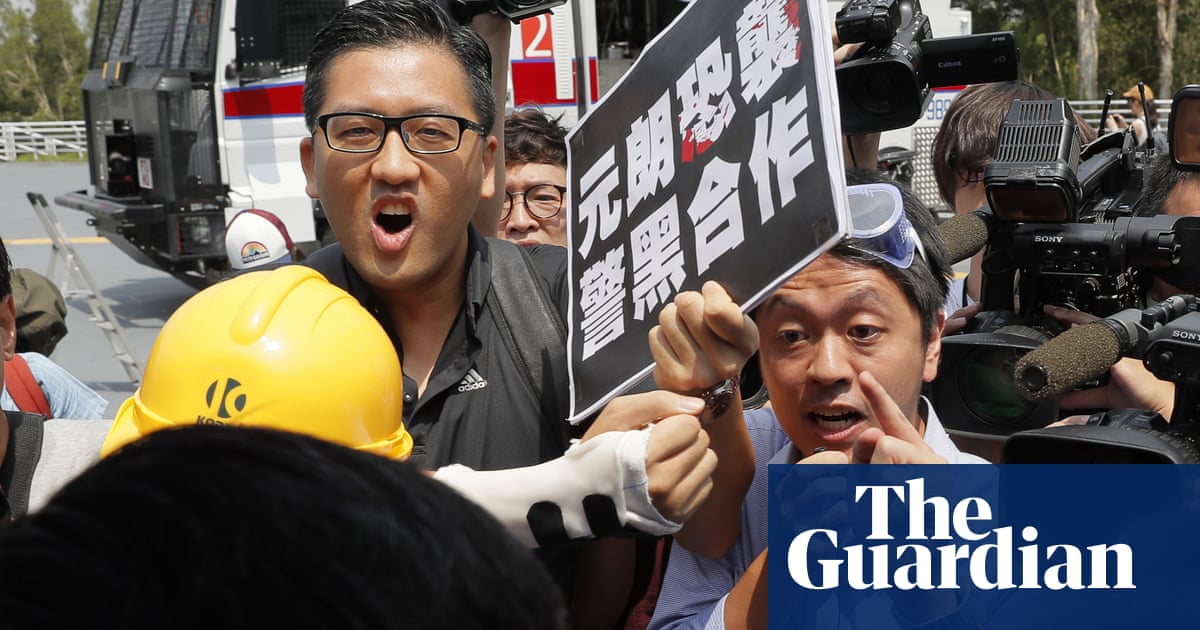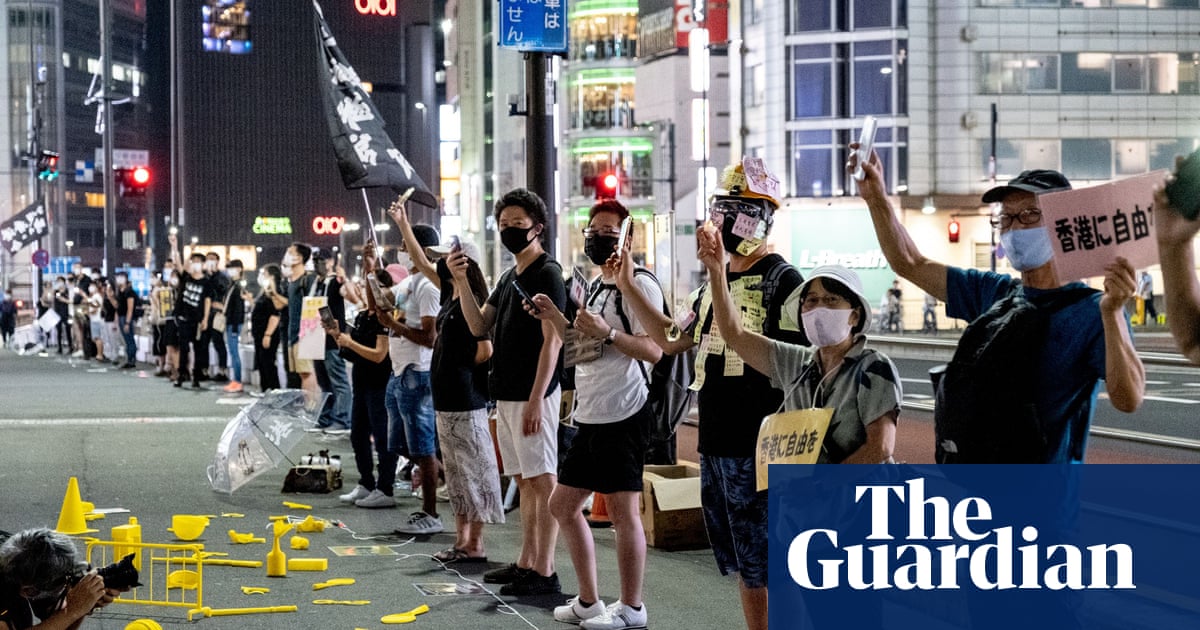Hong Kong’s opposition is grappling with the implications of a sweeping new national security law imposed by Beijing. It has abruptly curtailed the freedom of expression that until now allowed the city’s pro-democracy activists to push for change, even inside a political system that
China had stacked against them.
The government says the law won’t harm freedom of expression, but police have already arrested people for
carrying a HK independence flag, protest movement
slogans have been banned, and a
senior academic fired over his pro-democracy activism.
Politicians and campaigners have vowed they will continue to fight for representative government, and the freedoms Hong Kong was promised at the 1997 handover from British colonial rule. But they are also aware their tactics may need to change, and their unity will be tested as they adjust to a harsh new reality.
“These are difficult moments, but we can only stand and fight,” said Alvin Yeung, leader of the Civic Party and one of 12 pro-democracy candidates barred from standing in elections. The move was taken as a sign that Beijing wanted to eliminate
even moderate dissent from the corridors of power in Hong Kong.
“We joke among ourselves ‘welcome to 2047’,” Yeung said, referring to the year when the city is meant to complete its full transition to Chinese control under the handover deal. “This is going to be a long winter, and its going to be brutal, but as long as we stay together and united, we will survive.”
The national security law was only made public by Beijing on the day it came into effect. Kenneth Chan, an academic and former politician, compared that almost instant transformation of the city’s way of life to the decision by communist authorities to seal off East Berlin 59 years ago.
“The national security law is like the (Berlin) wall that came up overnight, everyone is held hostage. So free-thinking Hong Kongers really have to reconsider different approaches to politics, civil society and life in general,” he said

